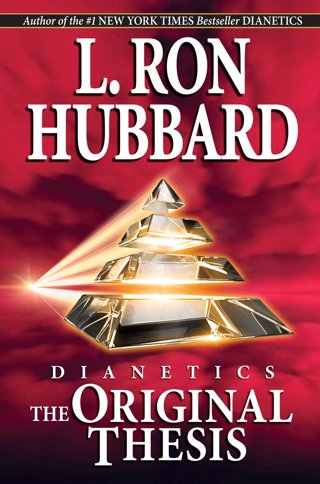What Does Dianetics Mean?
What Does Dianetics Mean?
Blog Article
The Facts About Dianetics Revealed
Table of ContentsNot known Factual Statements About Dianetics 3 Simple Techniques For DianeticsWhat Does Dianetics Do?Dianetics - The Facts
I couldn't ever not wish to receive anything that comes to mind for you- if it was otherwise, I wouldn't be sitting below with you, doing this. I not only can never ever have a problem, or not intend to listen to something that comes to mind for you, yet I'm totally eager to understand every concept, every idea, every photo or sensation that arises or shows up for you- don't ever assume or else, and if somehow you do, please just allow me know! Sometimes, you may have an idea, and picture, idea or event appear that does not seem to answer the inquiry, or associate with it, but nonetheless, constantly do tell me regarding it, and as we continue, the significance will certainly emerge for you.This is fundamental in the basis of handling, and the topic of this discussion: the fundamental duties of the counselor and the client: The fundamental role of the therapist is, contrary to "conventional training", not to manage, which implies to apply and/or hinder, yet to rather work from the basis of EMPOWERING THE CLIENT.

Indicators on Dianetics You Need To Know
John Mcmasters expressed this basic truth wonderfully well in one of his talks on Power processing, in which he discusses just how he was asked what this "special flair" was that he had for providing such wonderful sessions; he needed to consider that for a minute, and spotted that it was what he wasn't doing, in addition to what he was doing: he wasn't reviewing, judging, computing, or actually, producing any thoughts, not to mention verbal expressions, after giving the command and while waiting for the PC to finish their solution to their fulfillment; he was, merely and only, existing with the PC, and totally interested.
The role of the counselor, showed; that was his "unique knack". I have had my very own experience which educated me this well, extremely beforehand in the video game. More hints In 1982, having just recently finished my training and internship on New Era Dianetics, I was running this on a COMPUTER, and there was a factor in the session where (being a bit damp behind the ears not yet having numerous hours under my belt as a specialist auditor) the PC seemed to be "taking as well lengthy" to reveal anything verbally after I offered him a command.
This secret turned out to be the most beneficial payment that John ever made to the subject of treatment or bookkeeping (Dianetics). In my humble viewpoint, it is the best contribution that any person has actually ever made to these subjectsthe application is entirely non-judgemental, non-evaluative, and lacking any kind of pointer, advice or opinion.no preconceived program for individuals, or 'levels' that they have to do
In Scientology we prided ourselves on not examining for individuals. All that truly suggested was that the auditor did not Vocally review for the PC in session.
More About Dianetics

Any individual that had actually ever seen John audit can not assist but see an one-of-a-kind high quality in his bookkeeping."The client's standard role is to be there with the objective of relocating the instructions of their spiritual goals, and to openly and fully share and experience whatever shows up for them in answering the questions and performing the instructions in the handling.
This is something to procedure as needed. Likewise, individuals often have prior experience and/or indoctrination in auditing/processing which, in some methods, and to some levels, in fact misinforms them right into perspectives, concepts and habits patterns that stop the full understanding of these duties, and so they will certainly have a tendency to inhibit the expressing of what comes to mind, as in content the examples given over - Dianetics. * The first, and possibly foremost examples of mis-indoctrination resulting in much less than completely smooth and effective sessions, can be found in specific facets of the training regimens, or "TR's":"TR's" are frequently an individual's first, or a minimum of early, experience in Scientology, and while I will certainly go on to describe what I see as the flaws in concept and practice, nevertheless, have a tendency to be significantly restorative, done as they are provided (Hubbard firmly insists that "TR's are not refining, they are training", yet factually, they are both processing AND training)
There is no "flunking", and no rejection of the truth of this being processing. The emphasis, as it ought to be, is on experiencing the other person's presence.
The Best Guide To Dianetics

Report this page